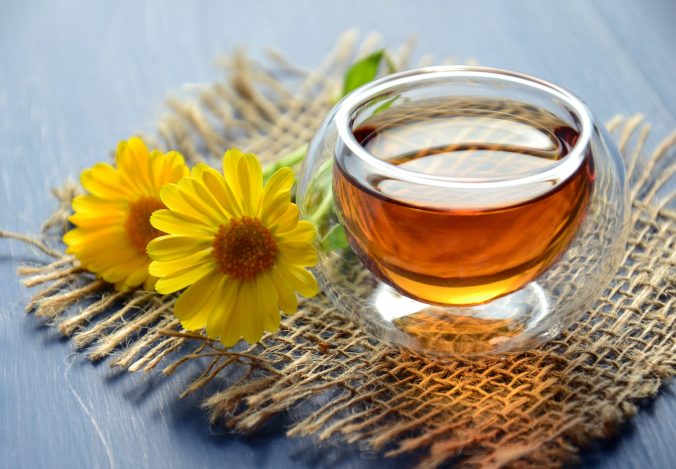Table of Contents
Introduction
Looking to learn more about rooibos? Then you have came to the right place. In this article you will find out more information on the new kid on the tea block as well as some of our suggestions. The first thing that we should get out of the way is how to say rooibos
and that is just like this: ROY Bus. Now that you know how to say the name lets take a look into what what is rooibos .
You might have wondered the relationship between rooibos and caffeine and here is the truth. There is no relationship, there is 0 caffeine in rooibos. Yes, you heard it right. Rooibos tea has no caffeine in it. And because it has no caffeine, it has its own benefits, especially for people with caffeine restrictions such as insomnia and even for young children. This means that you can enjoy drinking tea while you are pregnant , however it should be rooibos as there is no caffeine in it.
What is Rooibos?
Rooibos comes from the plant asphalatos linearis, specie of a shrub that grows in Cape Town, South Africa. And because it does not come from the tea plant, camella sinensis, this beverage does not contain the caffeine present in white, black, and green tea (which come from the same plant source). This, depending on how you look at it, could be one of rooibos health benefits or a disadvantage if you are looking for something to deliver some caffeine. Other herbal teas also have caffeine in them, but rooibos tea is unique in that it has no caffeine but still has antioxidants that are as potent as the antioxidants found in green tea. Again, this is a great aspect if you are looking for a tea substitute during pregnancy, as rooibos and pregnancy go hand and hand together.
Rooibos and caffeine
Caffeine has become essential in our daily lives, especially for working and studying adults, and athletes. We need caffeine to make us become physically and mentally alert. The recommended maximum daily intake of caffeine is 200 mg, equivalent to about 4 cups of coffee, 5 cups of black tea, and 6 cups of green tea. When our caffeine limit has been reached, unwanted side effects might kick in, such as insomnia, sleep disturbances, stomach irritation, frequent urination, and palpitations. That is why it is important for us to keep watch of our daily caffeine intake.
Rooibos tea is known to help alleviate insomnia and disturbed sleep patterns. Drinking a cup of rooibos tea before bedtime can help make you feel relaxed and can give you a good night’s sleep.
Traditionally, rooibos tea is used to treat infant colic. It can be safely taken by infants and young children. For adults, rooibos can help remedy constipation and common stomach problems such as nausea and vomiting.
Rooibos and pregnancy
Caffeine intake in pregnant women has been linked to miscarriages and abortion. When you are pregnant, you should be careful and be watchful on what you eat and drink. Because rooibos has no caffeine, it is safe for pregnant women. Moreover, it contains very low in tannins, chemicals that block the absorption of iron. Thus, iron can be readily absorbed by the body, especially for the pregnant woman who needs additional iron for her body and her baby.
Conclusion
Rooibos tea is unique in its own way. Even if it does not contain caffeine, it still does wonders to our body that no other beverage can give. If you have never tried it before, take a look at a couple of our favorites below, and before you brew some up be sure to read how to make rooibos as it will give you step by step instructions on how to make the perfect cup.
